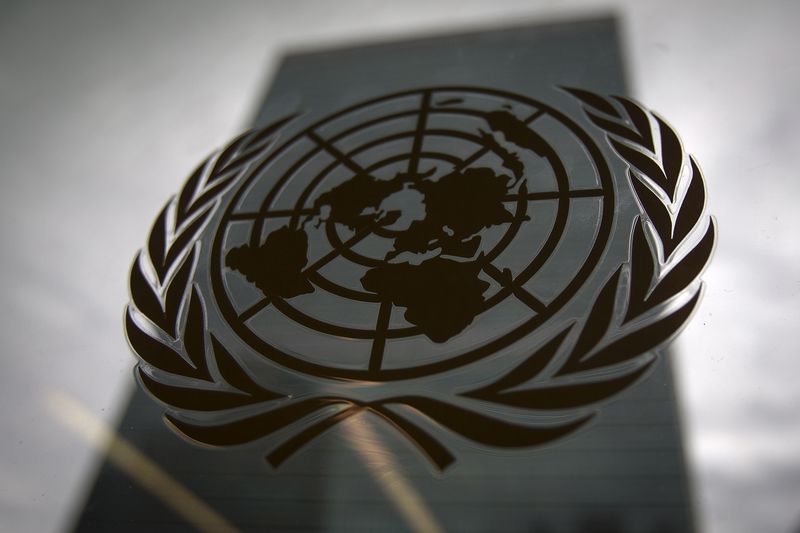UNITED NATIONS (Reuters) - The State Department said on Monday it was ending U.S. funding for the United Nations Population Fund, the international body's agency focused on family planning as well as maternal and child health in more than 150 countries.
In a letter to U.S. Senate Foreign Relations Committee Chairman Bob Corker, the State Department said it was dropping the funding because the U.N. Population Fund (UNFPA) "supports, or participates in the management of, a program of coercive abortion or involuntary sterilization."
The cut marks U.S. President Donald Trump's first move to curtail funding for the United Nations and is likely to raise further questions about how deep those cuts will eventually go throughout the organization, where the United States is the top donor.
It comes after Trump in January reinstated the so-called Mexico City Policy that withholds U.S. funding for international organizations that perform abortions or provide information about abortion.
Known by critics as the "global gag" rule, Trump broadened its scope to include all global health assistance in his Jan. 23 executive order that withholds at least half a billion dollars in U.S. funds. A lack of clarity around the rule, however, has left aid groups scrambling and both Republican and Democratic U.S. lawmakers seeking clarity.
In a statement on its website, UNFPA said it regrets the U.S. decision to end funding, which it said is based on an "erroneous claim" that the agency supports coercive abortion or involuntary sterilization in China.
UNFPA said its mission is "to ensure that every pregnancy is wanted, every childbirth is safe and every young person’s potential is fulfilled."
"The support we received over the years from the government and people of the United States has saved tens of thousands of mothers from preventable deaths and disabilities, and especially now in the rapidly developing global humanitarian crises," the statement said.
The cut follows Trump's proposed 28 percent budget reduction for diplomacy and foreign aid, including an unspecified reduction in financial support for the United Nations and its agencies, announced last month.
U.N. agencies such as the UNFPA are funded by governments voluntarily. The United States was the fourth-largest voluntary donor to UNFPA in 2015, giving $75 million in core budget and earmarked contributions.
U.N. officials have warned that abrupt funding cuts could trigger more global instability and argued that dollars for diplomacy are more effective than military spending in combating terrorism.
